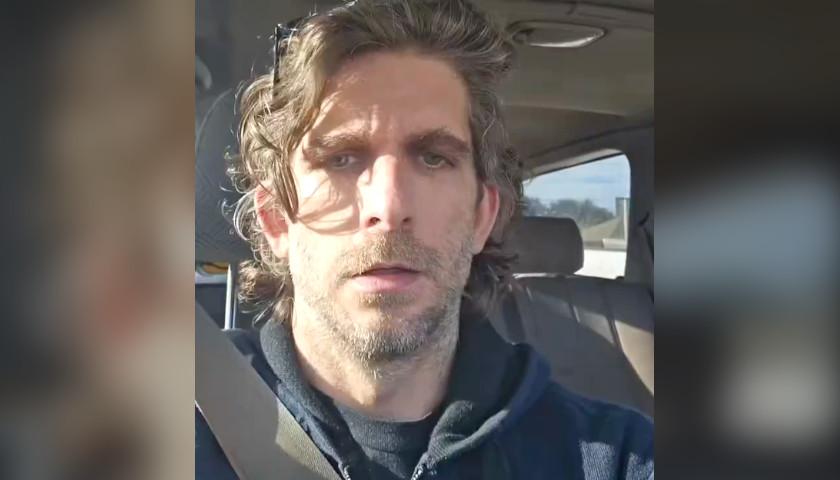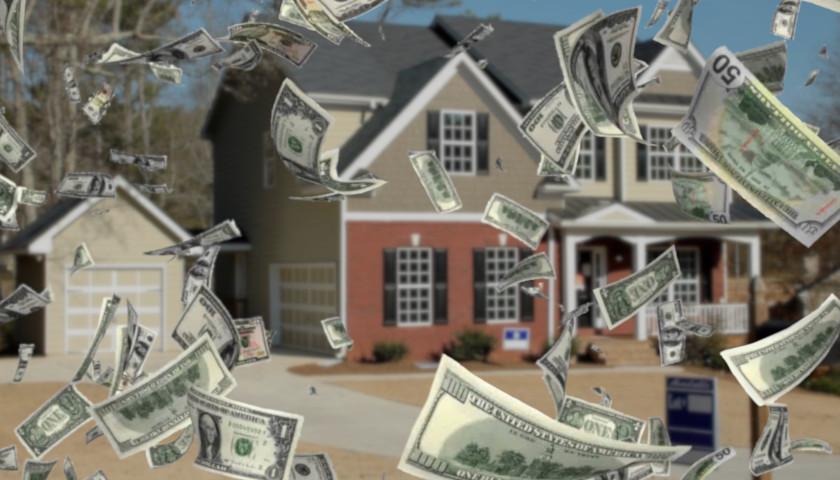by Jaimie Cavanaugh and Daryl James
Poverty can be a jailable offense in Whitehall Village Court, a judicial outpost in upstate New York. Brandon Wood learned the hard way after pleading guilty to two misdemeanors in 2015.
His sentence included no incarceration, but he faced $555 in fines and fees. A wealthier defendant could have settled the tab on the spot and walked free, but Wood lacked the money. After failing to pay—for no reason other than insufficient funds—he found himself behind bars until his wife could appear in court and confirm his financial straits.
The judge who presided in the case was disciplined and removed from the bench in 2022, but not for criminalizing poverty. New York allows jail time for overdue municipal debts, giving courts powerful leverage to collect fines and fees from struggling families.
If nothing else had happened to Wood, his case would have been unremarkable in a system designed to maximize revenue. The New York Commission on Judicial Conduct got involved for an entirely different reason. During a post-sentencing hearing, the judge took a loaded semiautomatic handgun stored under his desk and brandished it at Wood.
Initially, the judge said he felt threatened when he saw a “big Black man” approaching the bench. But the judge later acknowledged that Wood, who is 6-foot-0 and weighed 165 pounds at the time, did nothing to justify the brandishing of a weapon.
The case highlights multiple problems at town and village courts, called justice courts in New York. Lack of professionalism is one issue. Judges do not need a law degree to serve, and they sometimes make mistakes.
Complaints range from sexual harassment to blatant bias. Yet even when judges follow proper procedures and maintain decorum, justice courts suffer from a second issue: Lack of accountability.
Unlike all other state courts, which must answer to the Office of Court Administration, these tiny operations are functionally independent. State lawmakers give them power to impose fines and fees, and then turn them loose to generate revenue.
Newly available data show 1,189 justice courts across New York collected more than $189 million in 2022 with about half the proceeds staying local. Many communities grow addicted to the revenue and look for ways to expand it through aggressive traffic, parking and misdemeanor enforcement.
Southampton Village Court on Long Island collected more than $489 per resident in 2022. Verona Town Court in Oneida County collected $228 per resident. And Camillus Town Court in Onondaga County pulled in $204 per resident.
Similar numbers across the state suggest widespread “taxation by citation,” which occurs when local governments use police power to raise revenue rather than solely to protect the public. A 2020 report from our public interest law firm, the Institute for Justice, measures the potential for this type of abuse.
The analysis examines dozens of legal factors and ranks states according to how likely their laws are to enable and even encourage taxation by citation. New York placed 18th worst in the nation, largely due to the lack of justice court oversight.
Conditions have improved since then. Significantly, state lawmakers passed a 2021 reform that prohibits the suspension of driver’s licenses for unpaid traffic fines and fees. The next step for New York would be passage of Senate Bill S313/Assembly Bill 4183, dubbed the End Predatory Court Fees Act.
The measure would prohibit incarceration for failure to pay court debts, while protecting criminal convicts from financial exploitation. The act also would require courts to evaluate a person’s ability to pay before imposing fines and fees.
Some justice courts already hold ability-to-pay hearings for debtors who claim indigence. Wood experienced something like this in Whitehall. Once the judge released him from jail, he was able to substitute community service for cash.
Other justice courts refuse to budge. They impose fines and fees without regard for income, and then punish people for missing payments. A 2019 report from the Office of the New York City Comptroller finds that communities of color suffer disproportionately.
The result is cycle of debt and obligation, as justice courts extract wealth from low-income families. No matter what these courts call themselves, that is not justice.
– – –
Jaimie Cavanaugh is an attorney and Daryl James is a writer at the Institute for Justice in Arlington, Va.
Photo “Money” by Viacheslav Bublyk.








